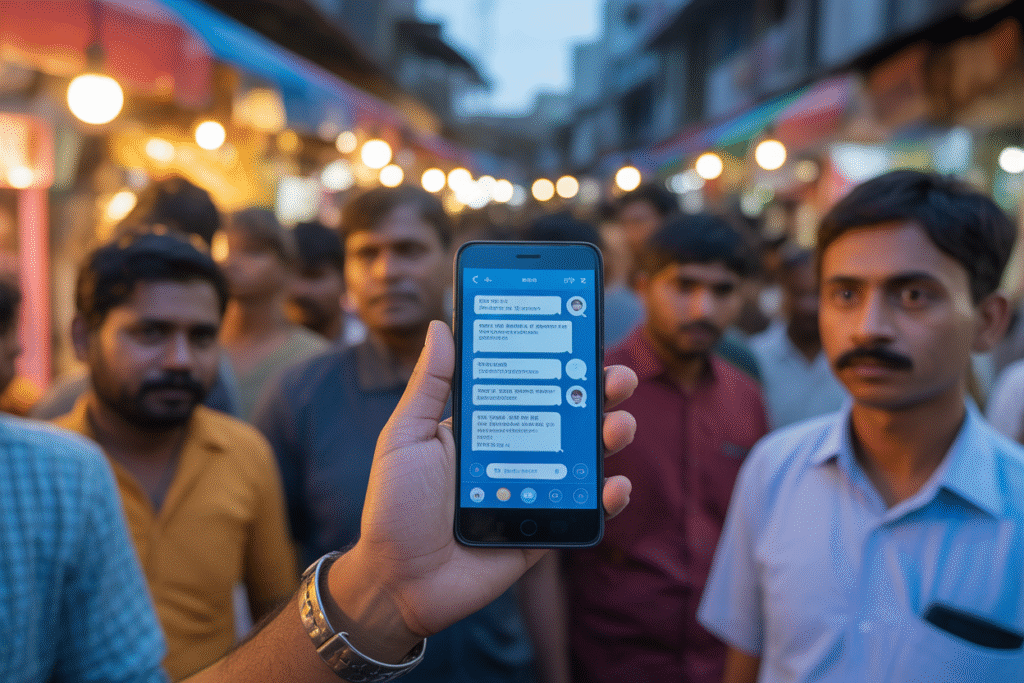An Indian MP wants ChatGPT, Gemini, and Claude handed to every citizen—free. Could this be the world’s largest AI experiment or a fiscal nightmare?
Picture this: every Indian—student, farmer, nurse, chai-wallah—tapping the same AI superpowers that Silicon Valley pays for. MP Raghav Chadha just tabled a motion to make that vision real, and the internet is on fire. Is this the ultimate equalizer or a privacy Pandora’s box?
The Proposal That Broke the Internet
Raghav Chadha stood in Parliament and asked for the moon—only the moon was a subscription key to ChatGPT, Gemini, and Claude for every Indian. He compared it to the UAE’s playbook, arguing that AI is no longer a luxury but a public utility like water or Wi-Fi. The clip went viral in minutes, racking up 2.3 million views and counting. Supporters flooded the replies with fire emojis; skeptics fired back with spreadsheets of projected costs. Overnight, #AIFreeForAll trended worldwide, dragging global tech journalists into the fray.
Why the Hype Feels So Real
Imagine a rural student in Bihar using the same coding co-pilot as a Google engineer. That’s the dream Chadha is selling. He paints a canvas where farmers ask AI for monsoon forecasts, nurses diagnose with AI-guided scans, and street vendors price goods using real-time data. The emotional hook is irresistible—technology as the great leveler. But dreams come with price tags. Estimates peg the bill at $3–5 billion annually, enough to build 50 new AI research labs. Critics ask: why not invest that cash in local talent instead of gifting it to foreign giants?
The Dark Side Nobody Retweets
Free AI sounds utopian until you read the fine print. Who owns the data Indians feed into these models? Where do the servers sit, and who can subpoena them? Privacy advocates warn of a surveillance buffet served to both corporations and governments. Then there’s the job question. If every small-town accountant suddenly has a turbo-charged AI assistant, what happens to the human accountants? Economists predict a domino effect—creative destruction on steroids. And let’s not forget the cultural angle: will India’s 22 official languages get equal training data, or will Hindi dominate while Tamil and Telugu lag behind?
What Happens Next—and How You Can Shape It
Parliament hasn’t voted yet, which means the battle is fought in WhatsApp forwards and Twitter threads right now. If you’re an Indian voter, your MP’s inbox is open. If you’re a global reader, this case study will echo in every developing nation eyeing AI subsidies. The next 90 days are crucial: committees will crunch numbers, lobbyists will wine and dine, and activists will draft petitions. Want a say? Sign the petition at AIFreeForAll.in, tag your MP, or simply share this article. The future of AI isn’t being written in Silicon Valley alone—it’s being crowd-sourced in group chats from Kerala to Kashmir.


